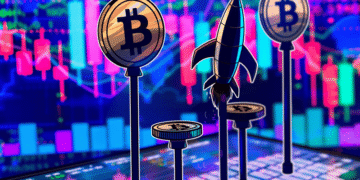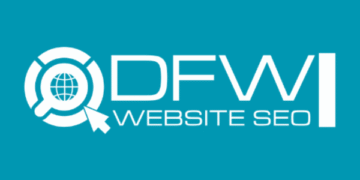NEW YORK, NY, August 13, 2025 /24-7PressRelease/ — The DAO was supposed to change everything.
No CEOs. No hierarchies. Just transparent, decentralized coordination powered by smart contracts and good intentions. It was the future of governance, work, and community—all in one tokenized wrapper.
And for a moment, it felt real.
Then came the votes no one read, the treasuries no one managed, and the Discord debates that made high school student council meetings look like the G7.
Now? Most DAOs feel like zombie projects with branded hoodies. And yet, the idea refuses to die.
So what happened?
Death by Discord
Let’s be honest: most DAOs failed because no one knew what they were doing—and everyone insisted they did.
The average DAO today runs on vibes and spreadsheets. Governance forums are cluttered with six-paragraph proposals to move 2% of the treasury into a meme coin “for engagement.” Snapshot votes are decided by whoever still remembers their wallet seed phrase. And participation? Let’s just say you’re more likely to vote in your HOA election than your DAO’s.
What was once revolutionary coordination has become groupthink with a Gantt chart.
The Token Didn’t Make You Care
The core flaw of the DAO model was the assumption that a token equals incentive, and incentive equals action.
Turns out that’s not true. Most token holders don’t want to govern—they want number to go up. They don’t read proposals. They don’t follow treasury discussions. They delegate. Or worse, they disengage.
Just look at MakerDAO: one of the most successful and longest-running DAOs, and still struggling with participation. Or Arbitrum DAO, where hundreds of millions of dollars move through governance mechanisms that are—technically—open to everyone, but practically decided by a vocal few.
Tokens gave people exposure. They didn’t give them ownership.
The Corporate Cosplay Era
And then came the rebrand.
To survive, DAOs started hiring teams. Appointing leads. Forming working groups. You know, like companies. Except with worse structure and looser accountability.
They called it decentralization. It was just disorganized centralization.
The DAO wasn’t dead. It was pretending not to be a startup.
Why the Idea Still Matters
So yes, the DAO as a buzzword may be tired. But the core concept—digital-native coordination around shared capital—still has legs.
When DAOs work, they work beautifully. Nouns DAO funds art and experiments with creative autonomy. Gitcoin DAO distributes meaningful grants. Index Coop builds structured DeFi products with genuine contributor engagement. These aren’t just Discord LARPing sessions—they’re active economies with aligned incentives.
They’re rare. But they’re real.
Maybe the Future Is Smaller
Not every DAO needs to be a billion-dollar protocol with a 100-page governance framework.
Maybe the future of DAOs looks more like digital co-ops. Focused groups, shared funding, tight missions. Less democracy theater, more outcome accountability. Less Reddit, more Roam.
DAOs don’t need to reinvent politics. They just need to avoid reinventing bureaucracy with worse UI.
The DAO Isn’t Dead. But the Fantasy Should Be.
We need to stop pretending that issuing a token is the same as building a movement.
The DAO model isn’t broken—it’s just misused. Governance isn’t a feature. It’s a responsibility. And decentralization doesn’t work when no one shows up.
So let’s bury the fantasy. The flat org chart. The dream of self-running communities where magic happens and no one has to lead.
And let’s build DAOs that actually do something. Even if they look more like startups than slogans.
The DAO is dead. Long live the DAO.
# # #













